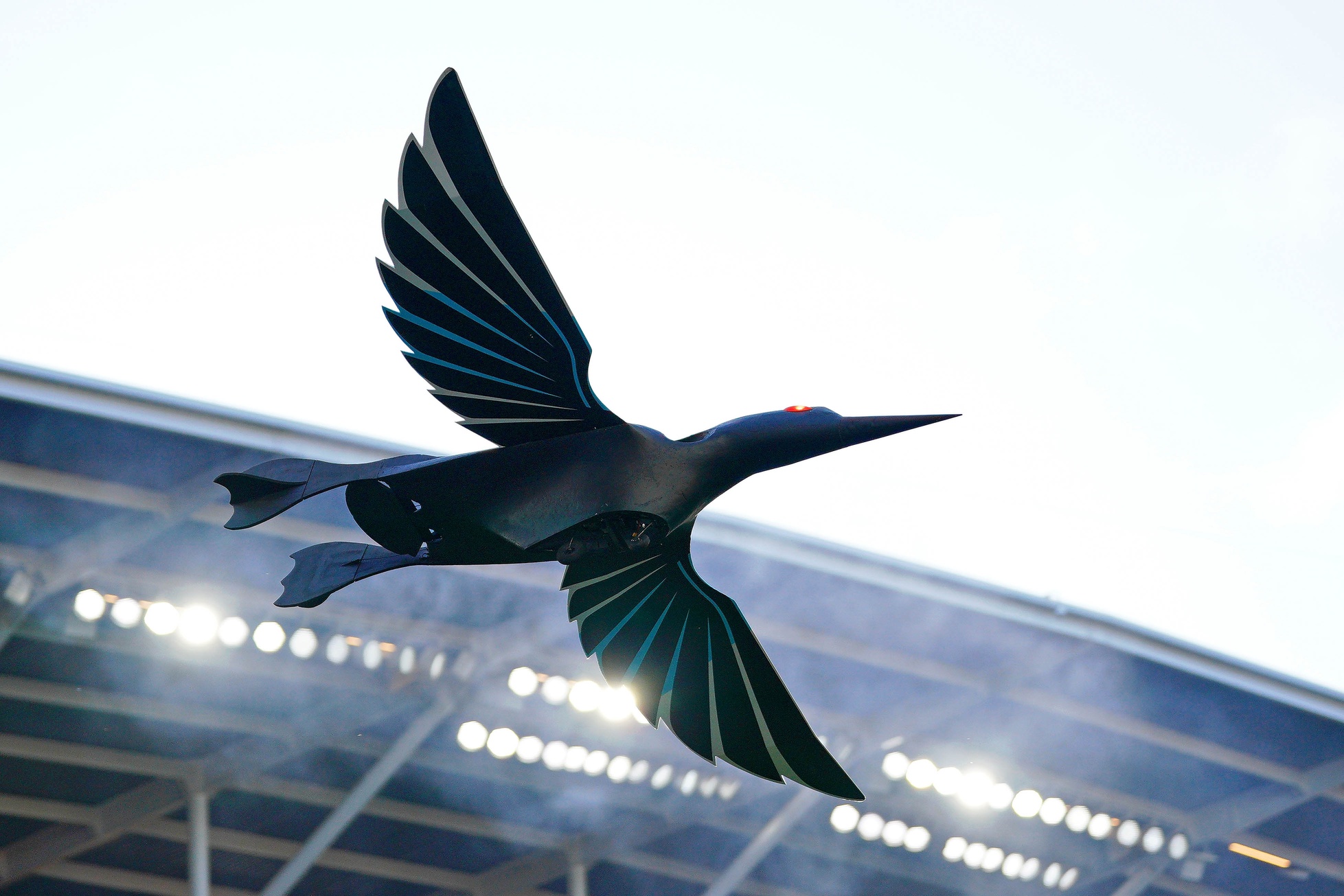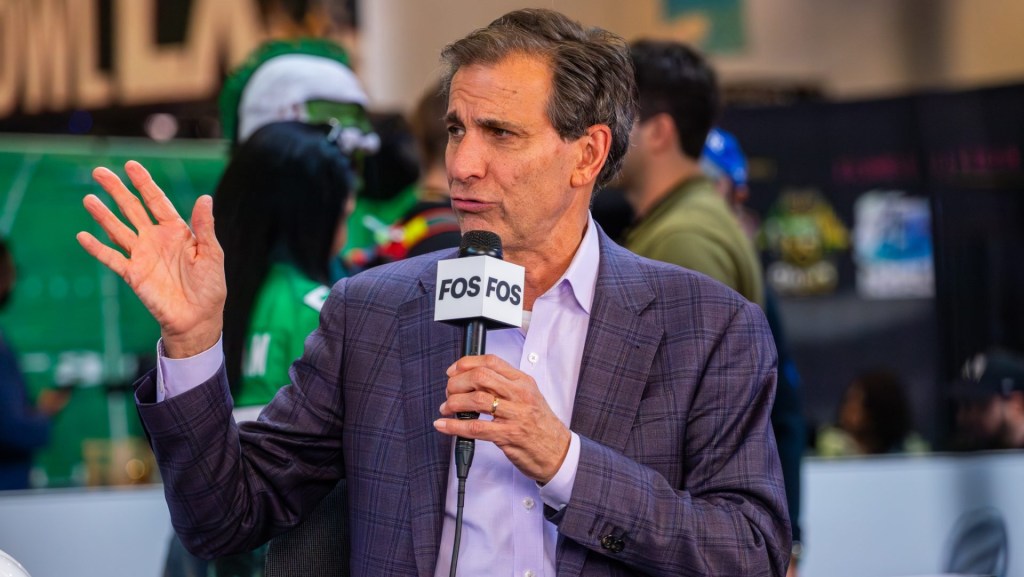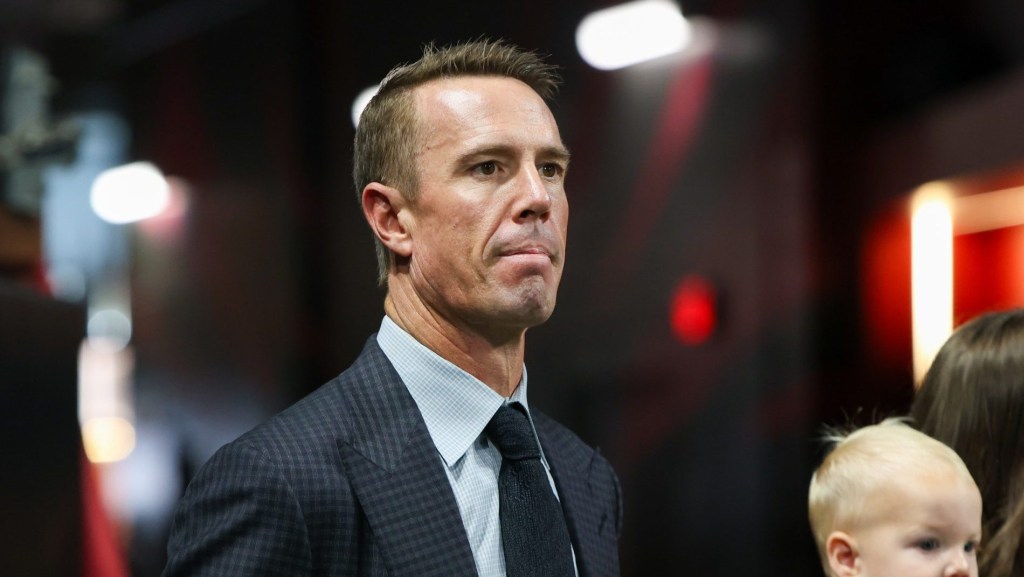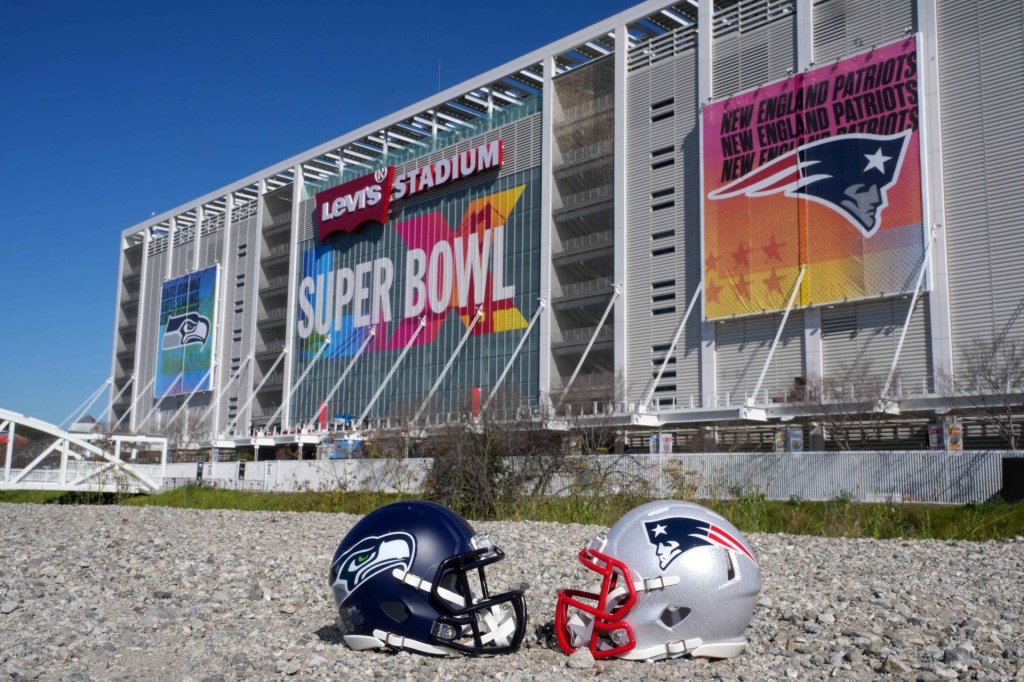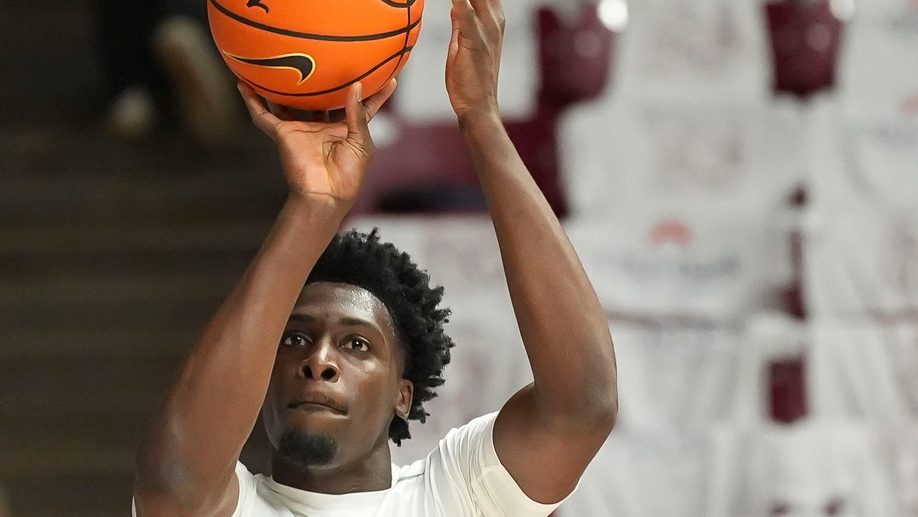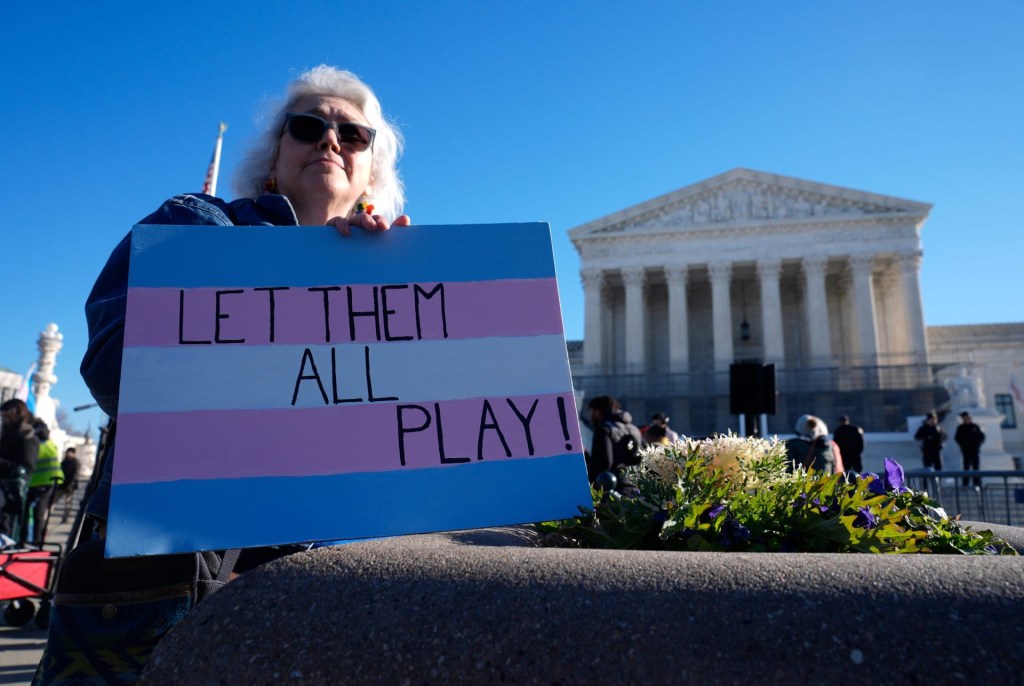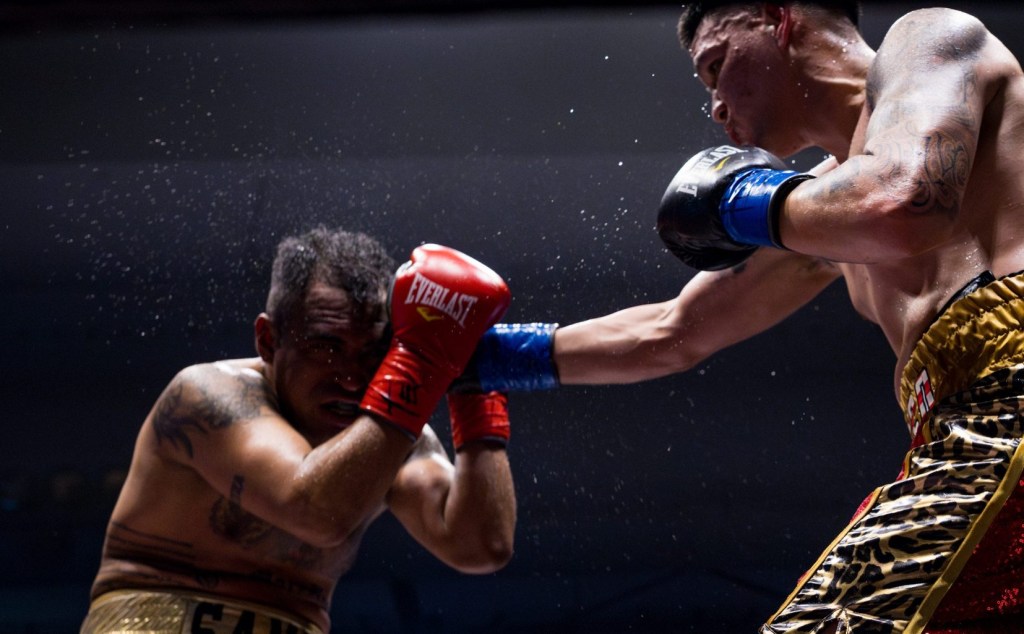The NFL, MLB, NCAA, and NASCAR have thrown their support behind a bipartisan bill that gives state and local law enforcement the authority to disable drones above large sporting events.
The bill was introduced Thursday by Sens. Tom Cotton (R., Ark.) and Jacky Rosen (D., Nev.) and is called the Disabling Enemy Flight Entry and Neutralizing Suspect Equipment (DEFENSE) Act.
Stadiums or venues seating 30,000 or more people are subject to a temporary flight restriction, which secures the airspace three nautical miles around the stadium and 3,000 feet above it. That restriction goes into effect one hour before the start and lasts one hour after the end of every MLB, NFL, and NCAA Division I football game as well as every NASCAR Cup Series, IndyCar, and Champ Series race. Flying drones into that area while the restriction is in place is already a violation of federal law.
However, only on-site federal law enforcement officials currently have the authority and equipment necessary to disable drones, and those officials usually only have a presence at major events such as the World Series, Super Bowl and College Football Playoff.
The proposed bill would give state and local law enforcement members the authority, training, and equipment necessary to disable drones if deputized when federal authorities are not on site, which is typically the case at events of lesser magnitude like regular-season games.
NFL security chief Cathy Lanier testified before Congress in December that the number of “threats, incidents, and incursions by unauthorized drones” during NFL games rose from 67 during the 2018 season to 2,845 during the 2023 season.
That larger number included drone-related delays during a primetime game between the Baltimore Ravens and Cincinnati Bengals in Nov. 2023 and during that season’s AFC Championship Game two months later between the Ravens and Kansas City Chiefs.
Another Ravens playoff game this past season, their wild-card round win over the Pittsburgh Steelers on Jan. 11, was briefly delayed due to a drone incursion.
All three of those incidents took place at the Ravens’ home venue, M&T Bank Stadium in Baltimore. The most recent came days after another drone flying in restricted airspace created controversy by colliding with a “super scooper” firefighting aircraft above the Palisades Fire near Los Angeles, disabling the aircraft for several days while the wildfire remained uncontained. Both the operator of that drone and the one above the Ravens-Steelers game later faced federal criminal charges.
In her statement before Congress, Lanier also raised the possibility that a drone could be used to carry out a terrorist attack at a stadium. Cotton told ESPN in an interview Thursday he was concerned about exactly such a scenario.
“Many drones around large athletic events are hobbyists or enthusiasts or practical jokers,” Cotton said. “But we can’t take the risk of fan lives because some of these drones can be equipped to carry explosives or most chillingly can be equipped with some kind of biological weapon.”
League officials praise bill
Lanier praised Cotton’s and Rosen’s legislation in a statement Thursday endorsing it on behalf of the NFL.
“As the threat of illicit drone use continues to rise, it is critical that our partners in local law enforcement have the tools and resources they need to keep fans safe,” Lanier said. “The league strongly supports this legislation, which will help keep fans safe at major sporting events across the country.”
Senior officials from MLB, NASCAR, and the NCAA also gave statements praising the DEFENSE Act, as did SEC commissioner Greg Sankey, whose conference is also backing the bill.
MLB Senior Vice President of Security and Ballpark Operations David Thomas said in a statement that the league has lobbied “for several years” for additional legislation to “growing and unmitigated threat” of drones in restricted airspace around stadium during games.
“If enacted, this legislation would dramatically increase the security of our stadiums and the safety of the 70,000,000 fans who attend our games annually,” Thomas said. “We look forward to working with Senator Cotton, Senator Rosen and other members of Congress to advance this critical piece of legislation for the benefit of our fans, players, and employees.”
Possible resistance to DEFENSE Act
Despite its bipartisan nature, the bill may face some hurdles in the Senate. Sen. Rand Paul (R., Ky.), chair of the Senate Committee on Homeland Security and Government Affairs, blocked a similar drone crackdown bill from passing by unanimous consent in December, citing privacy concerns.
In a speech on the Senate floor at the time, Paul criticized that bill as an attempt to “expand federal authority to intercept communications and disrupt drone activity, powers that raise serious concerns for Americans’ privacy, civil liberties, and their Fourth Amendment protections against unwarranted searches and seizures.”
Cotton’s and Rosen’s offices did not immediately respond to FOS requests for comment.
